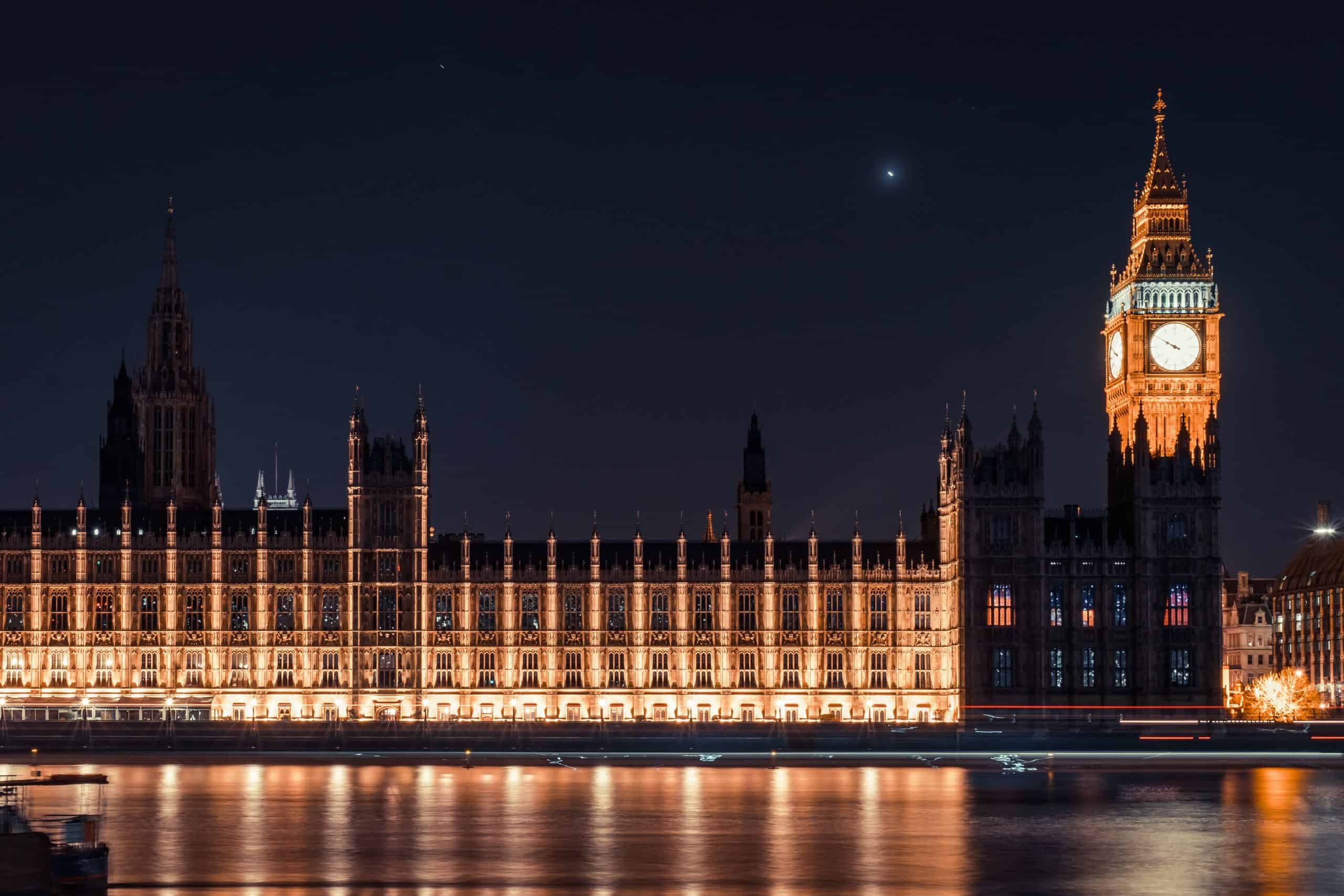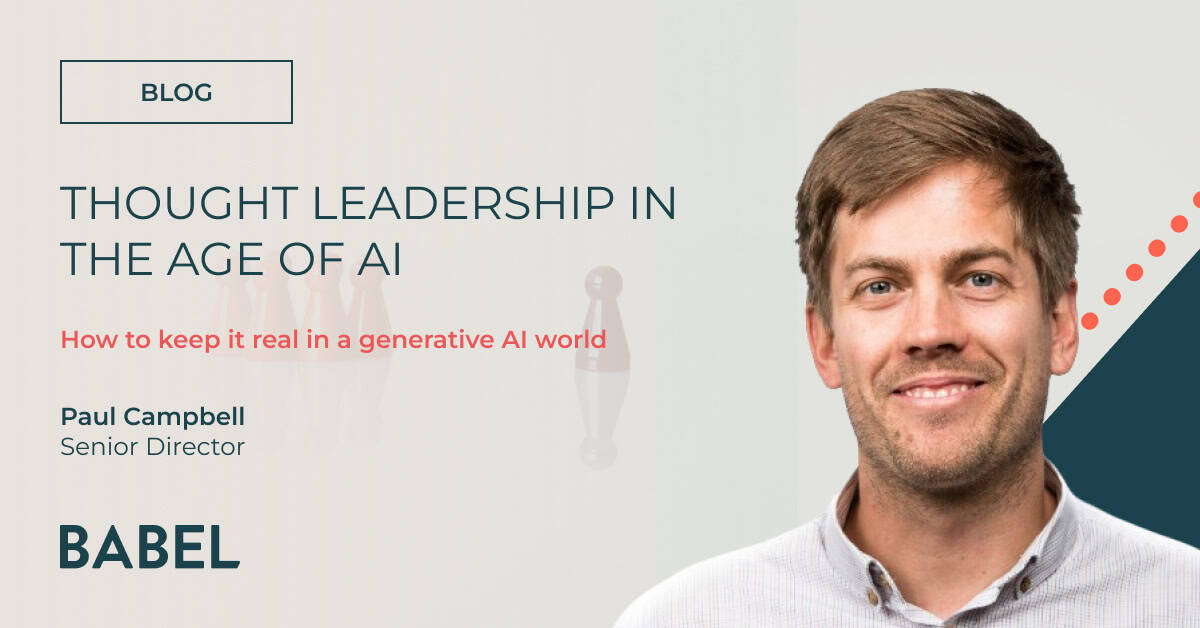
A new form of PoliTechs – data and analytics
Well, it’s begun.
Election fever has gripped everyone, and we will be lucky to hear anything else of substance in the next few weeks until 8th June. Then we will hear about it some more until the next one. But it isn’t just us; I met my Kiwi relatives who were in London the other evening. They too were being bombarded with election news. Their politics seems so much more interesting than ours, but that is another story for another time.
I thought I’d get started as soon as possible on what looks to be a very…interesting election. Consider this my first foray into something vaguely akin to public affairs and political commentary.
I clasped my hands with glee when I saw this story. What it boils down to is that political parties may have been using personal data to shape their political campaigning and are now being investigated for it. Normally this wouldn’t be sniffed at: it’s a form of marketing. However this activity then falls under data protection laws. So what happened? People were reporting direct contact from political parties, despite not ever giving explicit consent.
Tricky, n’est-ce pas?
We do live in an era of data, and it would be ignorant to suggest otherwise. As I’ve said in a previous blog, data is the new currency when it comes to enterprising endeavours. It would be silly to assume politics would be any different. However, in a land and time where social media and technology generally means greater transparency, it’s a careful line to tread. Either it means success (elected), failure (not elected), or catastrophic failure (the above article).
This isn’t a new idea, but more recent examples include President Trump, the new President Macron and his opponent Jean-Luc Mélénchon – who all used social media to great effect. These methods of campaigning are destined to play a greater role in the future of politics; the Conservative party spent £1.2 million on Facebook campaigns for the 2015 election, compared to Labour’s £16,000 – and we all know how that turned out.
So what to do? Politics is a bit of a murky world (unless you’re Finland) and it probably won’t change any time soon. But data? Data is just that: data. It isn’t murky per se, but it can be manipulated, it can be interpreted, and it can be the basis of what someone does in a political campaign. Actual currency has moved from newspaper advertisements and billboard campaigning to virtual campaigning and targeted ads. Data, quite simply, is the future of all things – including politics.
What does the future hold in terms of politics adopting technology? What about voting from a distance with biometrics? How about dropping ads into online gaming around election time? How long will it be before politics moves into livestreaming on VR headsets? Can’t attend a rally or event yourself? Maybe in the not so distant future you’ll be able to experience such events from your sofa.
I can’t imagine why you would though when soon you’ll be able to do this.





